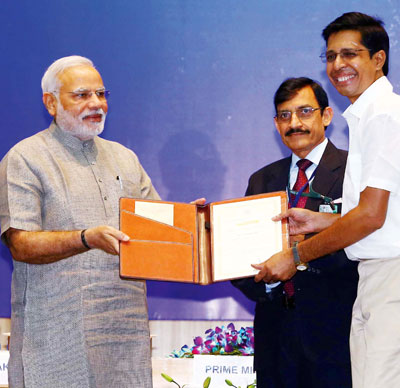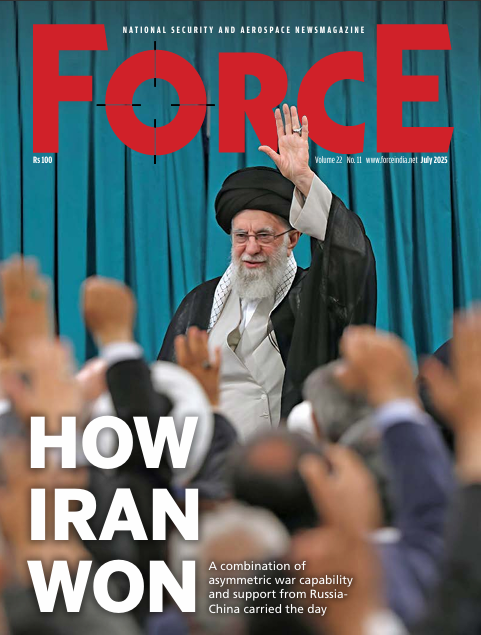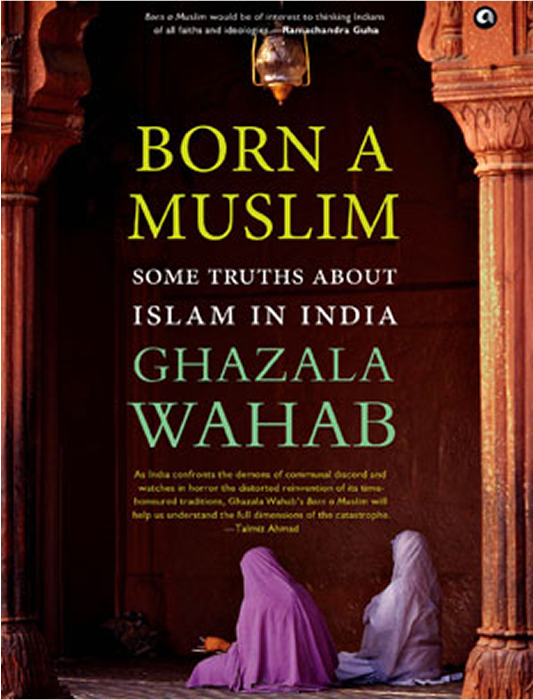Guest Column | Nuclear No First Use Policy
 Lt Gen. B.S. Nagal (retd)
Lt Gen. B.S. Nagal (retd)
The Indian nuclear doctrine has become a regular feature of discussion and debate at most strategic meets. A fair amount of literature on the doctrine has been published by think tanks in India and the West. The first reason for debate is that India had formally placed the draft doctrine in 1999 before the international community, and thereafter, India issued a summary of the doctrine in a press release in 2003, to inform the world of the formalisation of the doctrine, thus, there are specifics to delve on. The second reason for debate is doubts about the credibility of the doctrine, the main doubt being on massive retaliation and No First Use (NFU). This article will examine issues related to the NFU policy.
In deterrence doctrine, NFU is a defensive policy, by indicating a reactive response to threats or use of nuclear weapons, a state has declared that it does not plan to use its nuclear arsenal for offensive or coercive policies. The state believes that by rejecting a first use, it signals to its adversary that nuclear weapons do not constitute the primary means of deterrence for conventional and sub conventional warfare. The primary focus of the state is to possess a capability, to retaliate if forced to by the adversary, to defend its vital interests and core values. It is a last resort option to take care of anticipated strategic or weapons of mass destruction (WMD) threats.
NFU policy reassures global powers that India is not aggressive. Primary deterrence by nuclear weapons runs the risk of pre-emption strategy during a crisis situation, and therefore, is destabilising, whereas NFU does not imply similar actions. The policy also indicates that nuclear weapons do not figure in the nation’s calculus to address local or limited wars, indirectly it can be construed that the lower level of war spectrum is delinked from the higher level of the war spectrum.
A NFU policy is good for strategic stability (crisis and arms race stability), especially in a volatile geopolitical region. If both sides follow a policy of NFU, there should be no arms race, if that be true, any crisis should not spiral out of control; there will be no urgency to raise the ante.
Whilst morality is not recognised as a tenet of war, with NFU policy India will always take a moral high ground, in seeking nuclear disarmament or a nuclear weapons free world. The first use or initiation of nuclear weapons by a nation can be termed genocide or mass extermination of non combatants, as no reason or cause, which results in the destruction of a nation or race can justify use of weapons which cause harm, devastation and annihilation to the adversary. The ultimate aim should be to abolish nuclear weapons, but as long as that goal is not achieved, NFU offers an option to avoid nuclear war. Non proliferation and disarmament may get a boost if most nations declare their alignment with NFU, the thought that other means of violence can substitute for nuclear weapons must start with those who possess the largest arsenals, while India has done this with least weapons as far back as 1999.
 NFU can be a wise policy when the weapon equation is very disproportionate e.g. China vs India in 1998 or US vs China in the 1960s, the weaker nation has no capability to cause any damage to the dominant power but can definitely prevent coercion. NFU is also a practical policy when two adversaries have very small quantity of deliverable weapons, the damage caused by initial strikes including counterforce strikes will be limited and within bounds of absorption by the adversary, this allows retaliation with an intact but limited force that is capable of achieving the desired effect.
NFU can be a wise policy when the weapon equation is very disproportionate e.g. China vs India in 1998 or US vs China in the 1960s, the weaker nation has no capability to cause any damage to the dominant power but can definitely prevent coercion. NFU is also a practical policy when two adversaries have very small quantity of deliverable weapons, the damage caused by initial strikes including counterforce strikes will be limited and within bounds of absorption by the adversary, this allows retaliation with an intact but limited force that is capable of achieving the desired effect.
The NFU policy prevents accidental launch of nuclear weapons as these are not deployed on hair trigger alert. Though not mandatory, NFU states do not deploy their weapons for launch on warning or launch on launch, since they retaliate, the emphasis is on survivability based on concealment and dispersion, a state which is not predicated on exposure and zero launch time. During a crisis, deployment of nuclear forces will be in consonance with the war plans; there is no guarantee that NFU nations are not susceptible to accidents or conventional attacks by the adversary on nuclear assets, which could result in radiological accidents.
NFU ensures better safety and security since it avoids deployment of nuclear weapons during peace. In a situation where weapons are not deployed and only brought to bear when required, safety and security considerations help ensure better control procedures.
Confidence Building Measures (CBM) can be worked better, to reduce the chance of a nuclear exchange, with a NFU policy. If both nations announce a policy of NFU, the CBMs start on a high threshold level, of course what militates against easy CBMs is the raison d’etre to confront each other with nuclear weapons.
An NFU declaration by India and China is an incentive to other nuclear powers to revise their nuclear policies. The idea is not new, but has not found favour with policy makers of countries with the largest arsenals, due to strategic thoughts, the just-in-case conditioned mind is not amenable to an idea which, relegates proactive/ pre-emptive security to secondary need.
Escalation control in nuclear operations is unknown and unheard of, no established mechanism or tenet has been accepted by any nuclear weapon state to limit or restrict or control nuclear war. Therefore, NFU offers a better solution than Armageddon, it raises the threshold of deterrence, ensures greater space in conventional war and eliminates escalation in nuclear war by providing scope to remove battlefield nuclear weapons.
By limiting the role of nuclear weapons to retaliation for nuclear threat or attacks, NFU requires that primary emphasis be on conventional forces. NFU would, thus, make it necessary and important on the armed forces to develop strategies and capabilities to fight conventional and sub conventional wars without escalating to nuclear threshold, but still meet the political and military goals in c
Subscribe To Force
Fuel Fearless Journalism with Your Yearly Subscription
SUBSCRIBE NOW
We don’t tell you how to do your job…
But we put the environment in which you do your job in perspective, so that when you step out you do so with the complete picture.








